Interview – Using Decision Science to forecast customer behaviour
No Data Science without Math
Data Science Blog: Are good Data Scientists of your experience more likely to be consultant types or introvert nerds?
That depends upon what one is focused. A Data Visualizer or Data Artist reduces the information and visualise it in a great and understandable way. This requires creativity, a good understanding of business and safe handling of the tools.
The Data Analyst is more concerned with the “Slicing and Dicing” of data. The aim is to analyse the past and to recognize relationships. It is important to have good mathematical and statistical abilities in addition to the financial knowledge.
The Data Scientist is the most mathematical type. His job is to recognize deeper connections in the data and to make predictions. This involves the development of complicated models or Machine Learning Algorithms. Without a good mathematical education and programming skills it is unfortunately not possible to understand the risk of potential errors in full depth. The danger of drawing wrong conclusions or interpreting correlations counterfactually is very great. A simple example of this is that, in summer, when the weather is beautiful, more people eat ice cream and go swimming. Therefore, there is a strong correlation between eating ice and the number of drowned people, although eating ice cream does not lead to drowning. The influencing variable is the temperature. To minimise the risk for wrong conclusions I think it is important have worked and studied mathematics, data science, machine learning and statistics in depth – this usually means a PhD in science related subject.
Beyond that, business and industry knowledge is also important for a Data Scientist. His solutions must be relevant to the client and solve their problems or improve their processes. The best AI machine does not give any bank a competitive advantage if it predicts the sale of ice cream based on the weather. This may be 100% correct, but has no relevance for the client.
It is quite similar to other areas (e.g., medicine) too. There are many different areas, but for serious problems it is best to ask a specialist so that you do not draw wrong conclusions.
Data Science Blog: For all students who have soon finished their bachelor’s degree in computer science, mathematics, or economics, what would they advise these young ladies how to become good Data Scientists?
Never stop learning! The market is currently developing incredibly fast and has so many great areas to focus on. You should dive into it with passion, enthusiasm and creativity and have fun with the recognition of patterns and relationships. If you also surround yourself with interesting and inspiring people from whom you can learn more, I predict that you’ll do well.
This interview is also available in German: https://data-science-blog.com/de/blog/2016/11/10/interview-mit-advanced-analytics-kundenverhalten-verstehen/
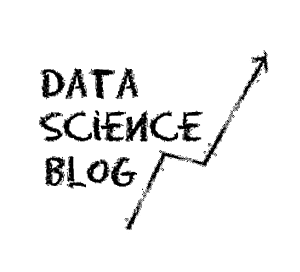
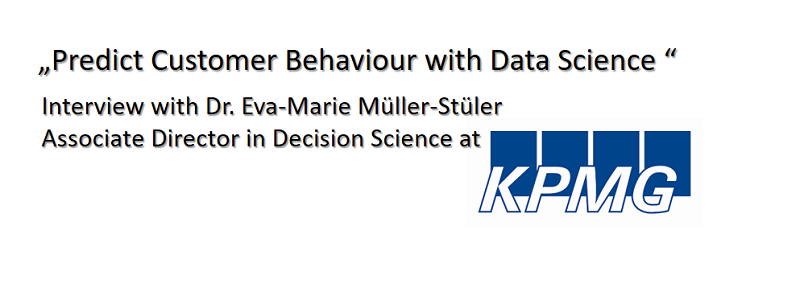

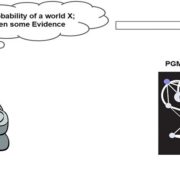


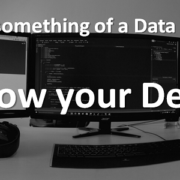
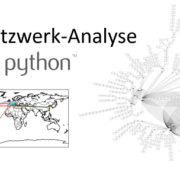


Trackbacks & Pingbacks
[…] Read this article in English: “Interview – Using Decision Science to forecast customer behaviour” […]
Leave a Reply
Want to join the discussion?Feel free to contribute!